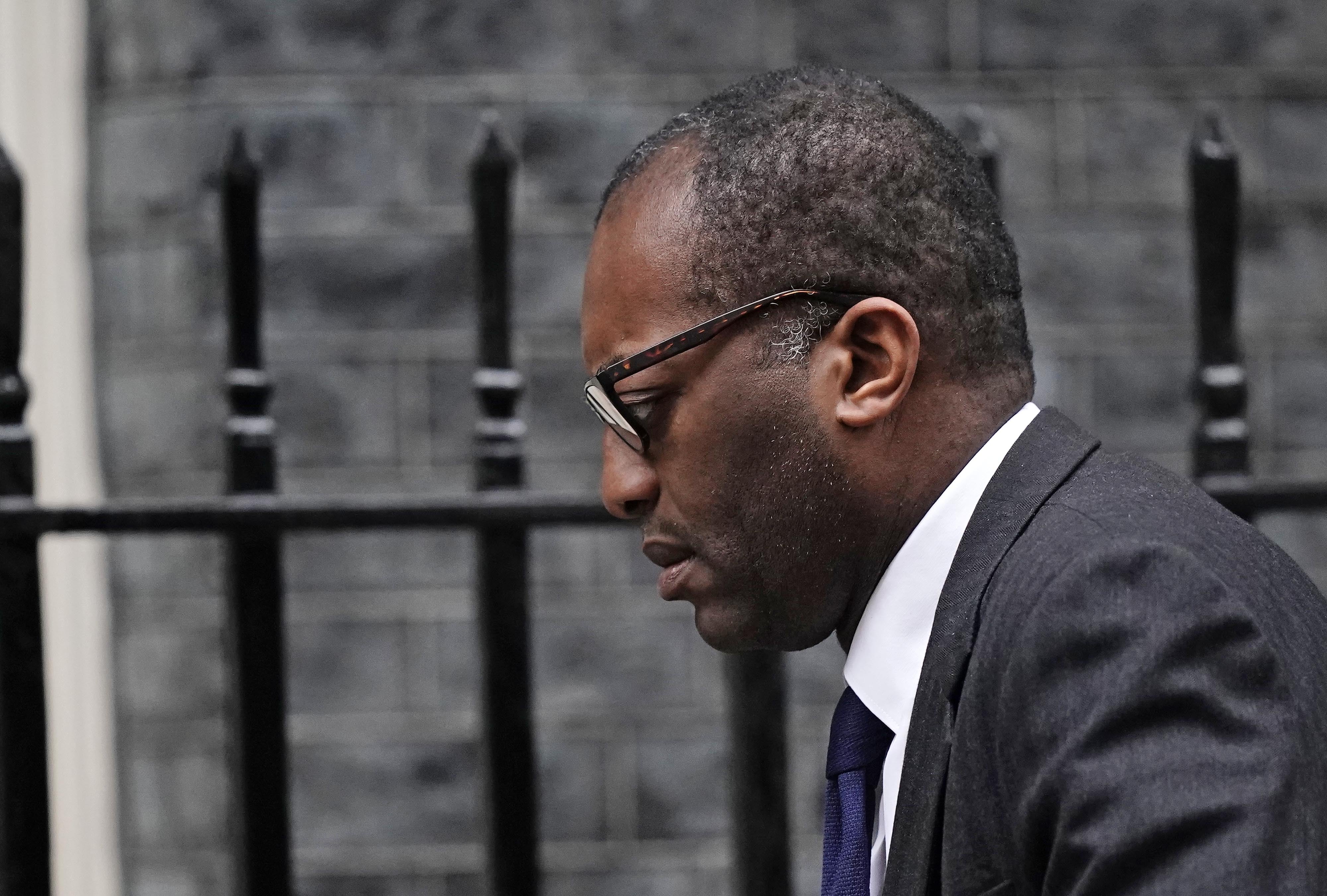We need honesty on the price of energy – all we are getting is spin
Government and opposition are engaged in a conspiracy of make-believe economics, writes John Rentoul


Anyone who wants politicians to tell the truth, look away now. A truthful politician would say that the price of natural gas has gone up and there is little the government can do about it – all it can do is to try to protect the vulnerable, but that will cost money, which has to come from somewhere.
Instead, we get the two main parties competing to reassure all voters that something is being or would be done to protect everyone from market forces at no cost to anybody.
Kwasi Kwarteng, the business secretary, had a meeting with the energy companies, who want the government to give them a £20bn bailout, and they agreed to have further meetings “to ensure UK consumers are protected”. In other words, they didn’t agree on anything but the government looks as if it is doing something.
Meanwhile, Rachel Reeves, the shadow chancellor, said: “Labour is calling on government to immediately remove VAT on household heating bills over the winter months.”
This is a terrible idea. It would give the greatest gain to people with higher bills – that is, people who live in bigger houses. It would encourage people to burn more fossil fuel than they need. And it would cost a fortune.
Reeves knows those objections and understands them. She is a trained economist. But a VAT cut is crudely effective politics for Labour, so she has come up with lines that will get her through most short interviews. She argues for ramping up the home insulation programme to save energy and help tackle climate change. And she says the VAT cut would be only temporary and would be paid for by higher-than-expected VAT receipts – as if that is somehow “free” money.
She has no answer to the charge that Labour’s plan would benefit the rich more, but she is good at changing the subject, saying that everyone would benefit and that everyone faces a “cost of living crisis” under the Conservatives.
The VAT cut has other advantages for the opposition. It is a Brexity policy: it is only possible to cut VAT below 5 per cent because we are no longer bound by EU law on harmonising taxes. Thus it embarrasses Leave-voting ministers (Kwarteng, Boris Johnson, Rishi Sunak) because they are refusing to use their freedom outside the EU (knowing that VAT is such an important source of revenue to them).
Equally, Labour wants to avoid the right answer, which is to put up universal credit and other benefits, which would provide targeted help to those who need it most. Restoring and extending the £20-a-week top-up of universal credit (which only expired last month) would be the obvious policy. But that would look like a welfare handout, which is why Sunak and Reeves conspire to say nothing about it.
Fortunately for Reeves, Labour does not even have to worry too much about its economic credibility at the moment. The government’s handling of Brexit, the rise in prices and the impending tax rises have eroded the voter’s trust in the Conservatives. An Opinium poll this week found that the Tories had lost their lead over Labour on “handling the economy” for the first time since 2007.
In the short term, therefore, good economics does not necessarily make good politics, but I think economic credibility is a more fundamental thing than a quiz question in a mid-term opinion poll. Jonathan Ashworth, the shadow work and pensions secretary, claimed today that “families are worse off under the Conservatives”. In aggregate, they aren’t, yet, but they soon will be, as today’s Resolution Foundation report explains. The national insurance rise in April will take a large bite out of most people’s incomes – with the better-off paying a larger share of their incomes, despite Labour’s attempt to pretend otherwise.
“Under Labour, working families wouldn’t be hit with a punishing national insurance rise at the worst possible time,” said Ashworth. But when he, Reeves and Keir Starmer are pressed on what they would do instead, all we get is some flim-flam about more tax on people who own lots of properties – which is a good idea in its own right but wouldn’t raise anything like the sums required.
For the moment, Labour may not need to worry that its tax and spending plans make no sense. The Conservatives will bear the brunt of people’s unhappiness when the cap on energy bills is lifted and national insurance contributions go up. But Reeves and Starmer will need better answers by the time of the next election.
Join our commenting forum
Join thought-provoking conversations, follow other Independent readers and see their replies
Comments
Bookmark popover
Removed from bookmarks